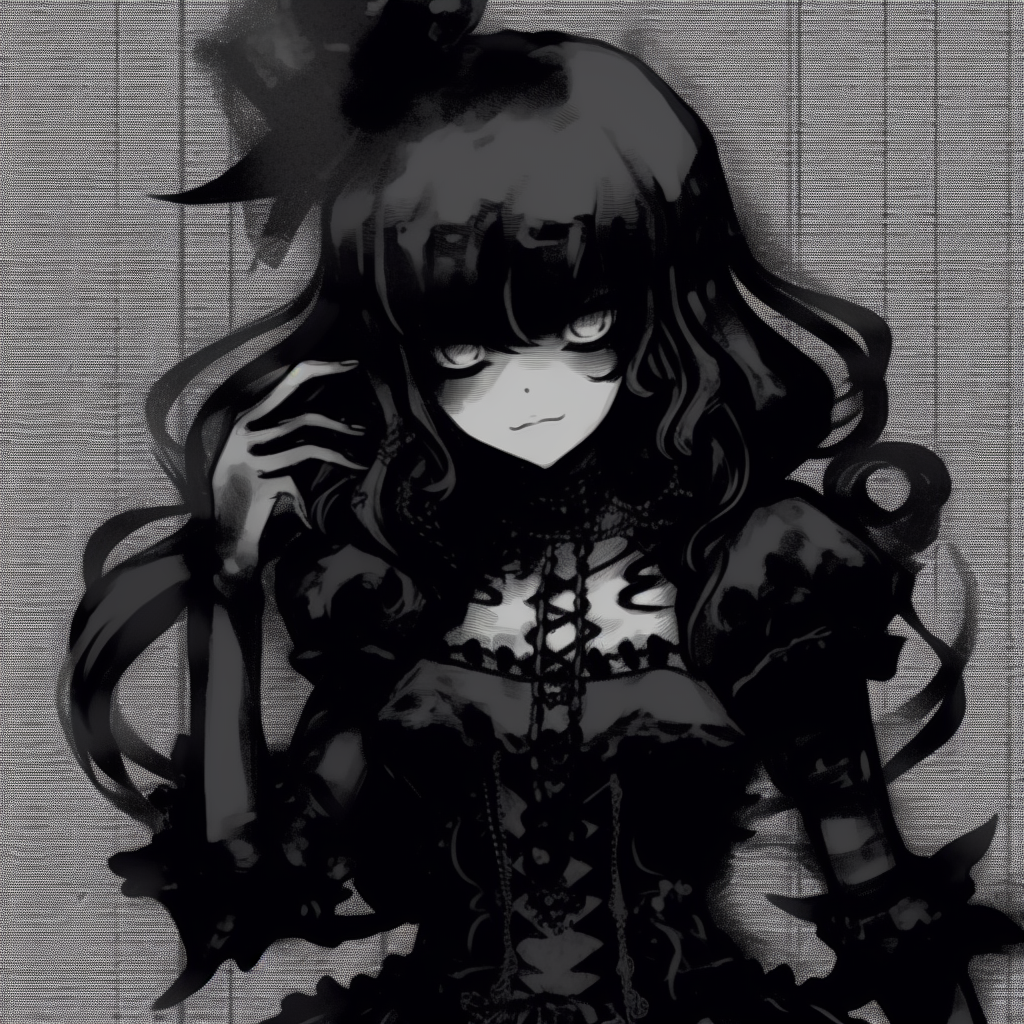Masuma Akhtar arrived at the garment factory where she works on the outskirts of Dhaka on 31 October, she was expecting a normal shift. Instead, she was met with brute violence. “The moment I walked through the factory gates, a group of armed men began beating me with wooden sticks,” says Akhtar. “I fell down on to the ground. Even then they wouldn’t stop beating me.”
Akhtar, 22, is a seamstress at Dekko Knitwears in Mirpur, where she spends long days churning out clothes for western fashion brands, including Marks & Spencer, C&A and PVH Corp, which owns Tommy Hilfiger and Calvin Klein.
Bangladesh is one of the world’s biggest producers of fast fashion, pumping out millions of tonnes of clothing every year to meet the demands of the world’s most popular clothing brands, which are drawn to this small South Asian country where orders – and the labour needed to fulfil them – come cheap.
Although most fast fashion brands that source from Bangladesh claim to support a living wage, they are only required to pay the workers who make their clothes the legal monthly minimum wage, which is one of the lowest in the world and has remained set at 8,000 taka (££58) since 2018.
Negotiations over a new minimum wage for garment workers in Bangladesh have sparked mass demonstrations on streets across the capital. The protests have escalated since the government announced a minimum wage increase for the workers, from 1 December, to 12,500 taka (£90), far below the 23,000 taka a month workers say they need to keep their families from starvation.
Factory owners and police have responded to workers’ protests with threats and violence. The beatings she received by armed men at Dekko Knitwears left Akhtar with a broken arm. “They hit my back, my thighs and my arms repeatedly,” she says. Now, without use of one of her arms, she is unable to work. “I don’t know how I will survive the rest of the month,” she adds.



This is the best summary I could come up with:
Akhtar, 22, is a seamstress at Dekko Knitwears in Mirpur, where she spends long days churning out clothes for western fashion brands, including Marks & Spencer, C&A and PVH Corp, which owns Tommy Hilfiger and Calvin Klein.
Nazma Akter, president of local trade union Sommilito Garments Sramik Federation, condemns the violence against protesting workers.
“The Bangladesh government must ensure workers are able to exercise their rights to freedom of association and collective bargaining without fear of violence, reprisal, or intimidation,” she says.
In a joint letter in September, brands including Asos, Primark and H&M, wrote that they recognised their role in “supporting wage developments”.
Yesterday, Human Rights Watch and Clean Clothes Campaign called on brands to take responsibility for their workers’ wages and pay their suppliers more.
Aruna Kashyap, associate director on corporate accountability at Human Rights Watch says: “Wage increases have consequences for suppliers’ costs and eat into their profit margins.”
The original article contains 1,062 words, the summary contains 152 words. Saved 86%. I’m a bot and I’m open source!
That quote from Kashyap lacks the context to be sensibly included. The guys saying that it’s the retailers fault for pricing the clothes too low - because the middlemen suppliers then can’t afford to pay better.
But they’re likely both just as culpable for slave wages, so…